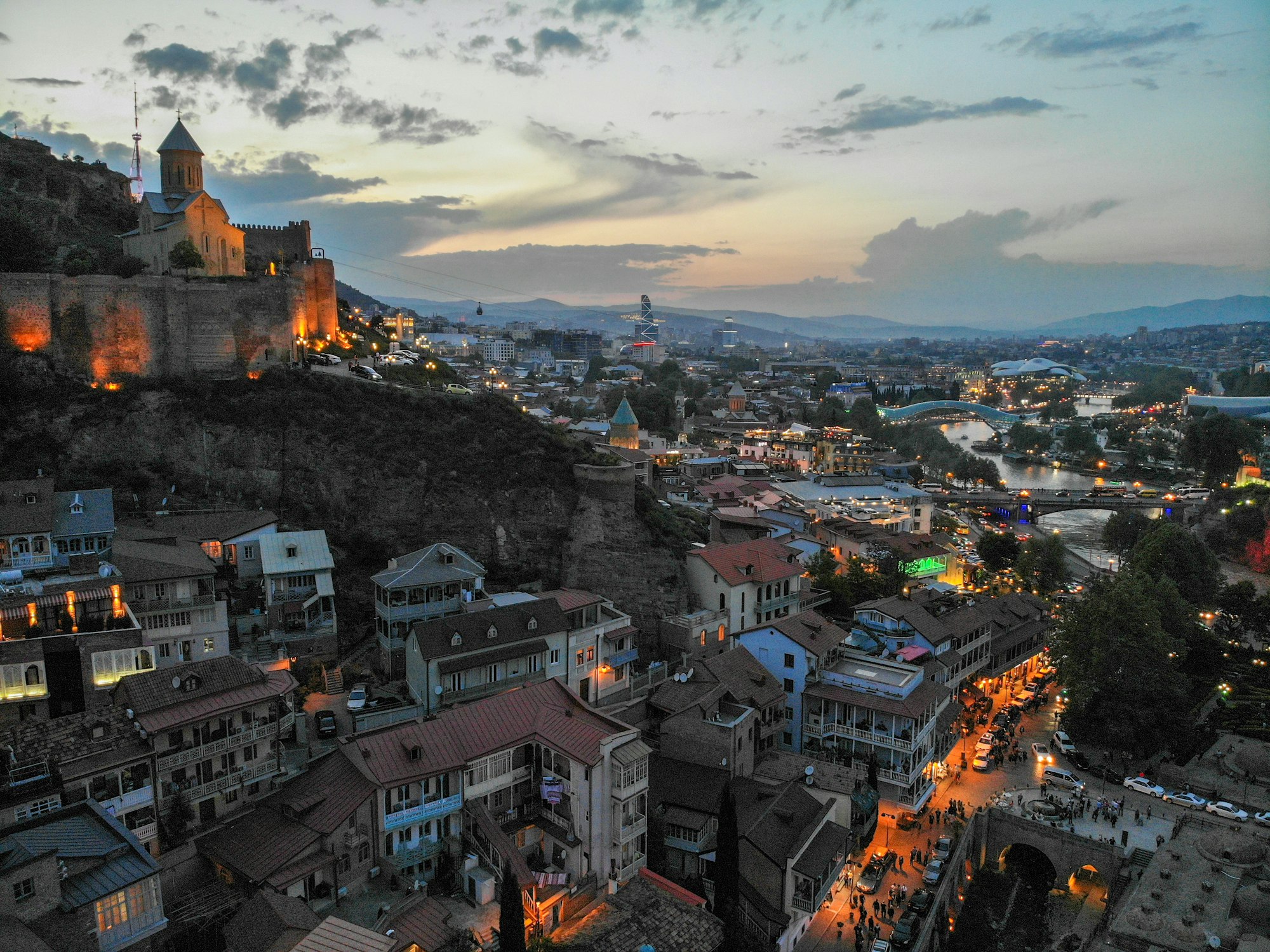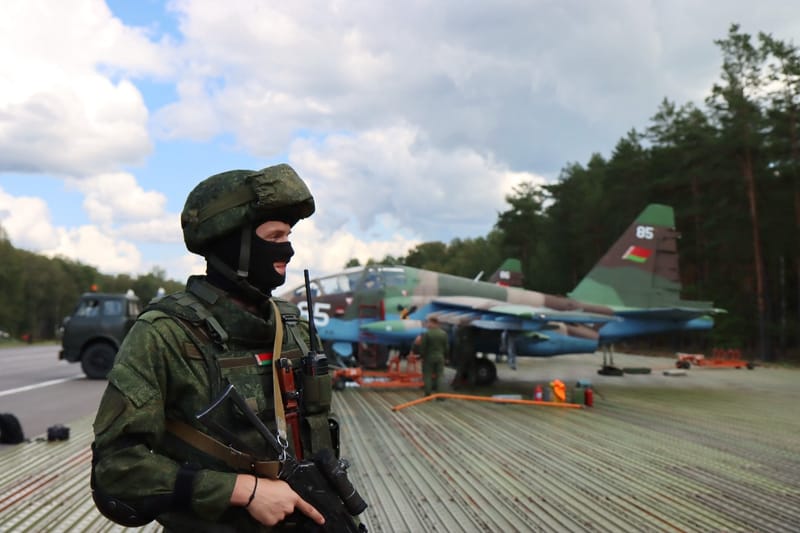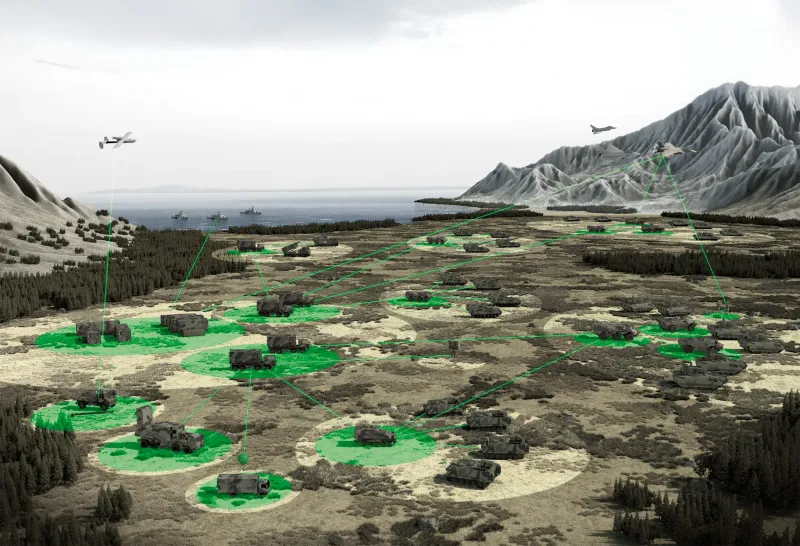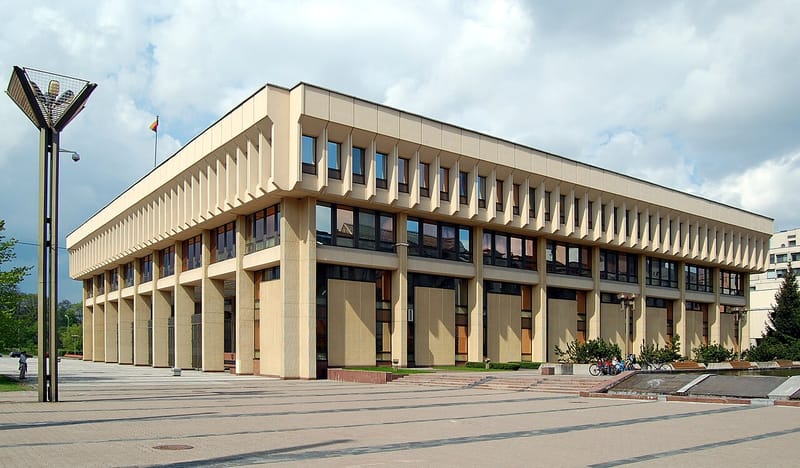Georgia's EU Crisis: Protests Spark Political Turmoil in Tbilisi
The streets of Tbilisi have become the epicenter of Georgia's most significant political crisis since the 2003 Rose Revolution, as thousands of protesters clash with riot police over the government's controversial decision to suspend European Union accession talks until 2028.
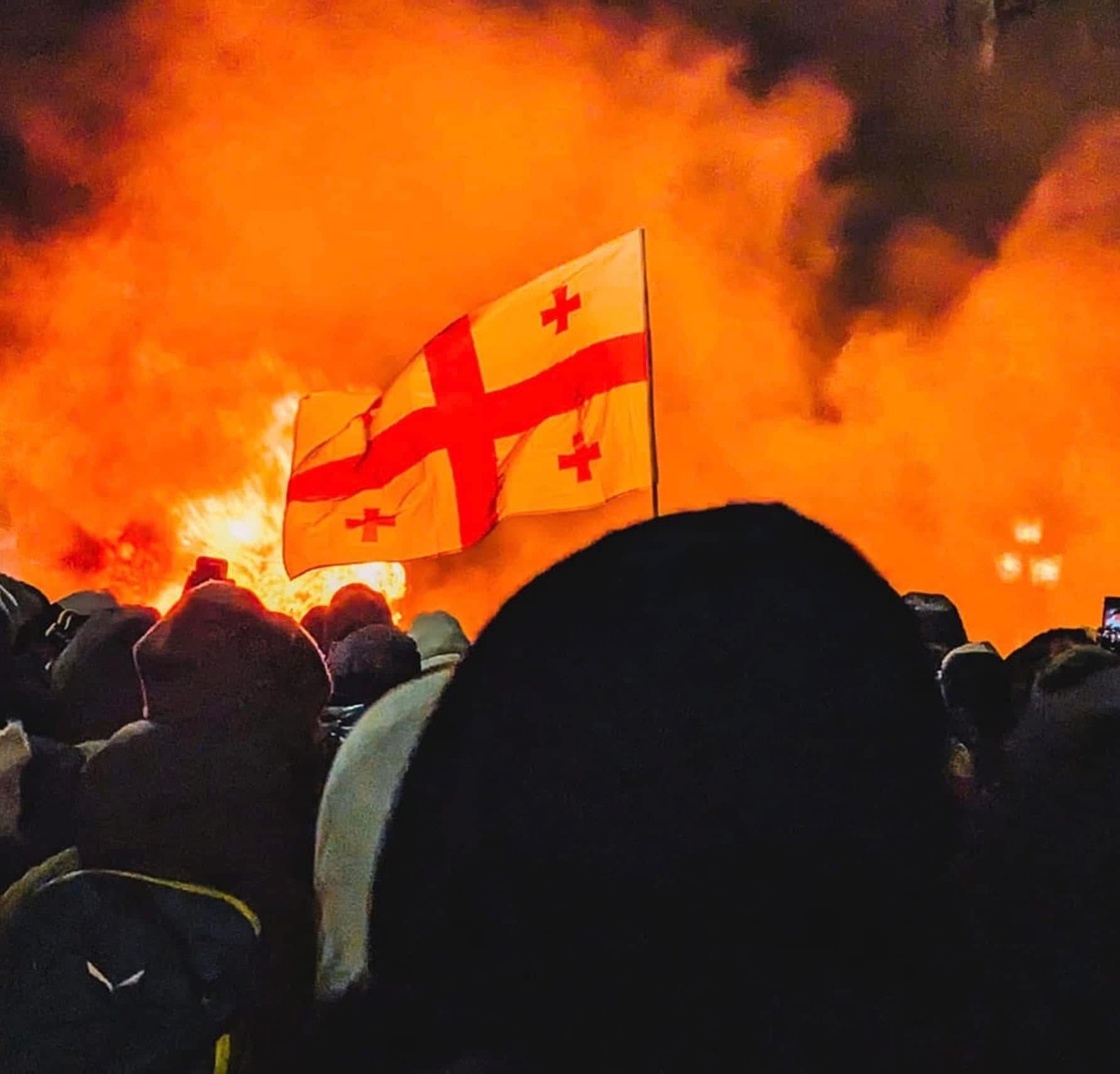
The streets of Tbilisi have become the epicenter of Georgia's most significant political crisis since the 2003 Rose Revolution, as thousands of protesters clash with riot police over the government's controversial decision to suspend European Union accession talks until 2028. The demonstrations, which began in late November 2024, represent more than mere civil unrest – they embody the culmination of Georgia's complex geopolitical positioning between Russian influence and European aspirations.
Recent Developments
Georgia's path toward European integration has been marked by both progress and setbacks since the country signed its Association Agreement with the EU in 2014. The current crisis emerged following Prime Minister Irakli Kobakhidze's November 28 announcement suspending EU accession talks, citing what he termed "blackmail and manipulation" from European politicians. This decision came barely a month after contested parliamentary elections where the ruling Georgian Dream party claimed 54% of the vote amid widespread allegations of electoral irregularities.
The protests have been characterized by unprecedented scale and intensity. Security forces, equipped with French-manufactured Cougar MS riot control vehicles and Russian-made Kamaz water cannons, have employed increasingly aggressive tactics against demonstrators. The riot police's arsenal has included CS gas canisters, rubber bullets, and newly acquired crowd control equipment, including sound cannons (LRAD systems) previously unseen in Georgian protest responses.
Domestic Political Dynamics
The role of President Salome Zourabichvili has emerged as particularly crucial in this crisis. Despite her constitutionally limited powers, Zourabichvili's characterization of the government's actions as a "coup" has galvanized opposition forces. Her public statements, made from Paris where she was conducting unofficial diplomatic meetings, have drawn sharp rebukes from the Georgian Dream party leadership, particularly from party chairman Bidzina Ivanishvili.
The protests have united previously fragmented opposition groups. The Movement for Liberty, led by former Defense Minister Tina Khidasheli, has joined forces with the United National Movement and European Georgia parties, creating an unprecedented coalition of pro-Western political forces. This unity was demonstrated in the November 30 demonstration, which drew an estimated 80,000 participants to Rustaveli Avenue – the largest gathering since the 2003 protests.
The protests have been characterized by unprecedented scale and intensity. They mark a critical juncture in Georgia's post-Soviet trajectory.
Historical Context and Recent Developments
Georgia's aspiration for European integration has been a cornerstone of its foreign policy since independence in 1991. The country's constitution explicitly outlines its Western orientation, reflecting a popular mandate that has consistently shown over 80% public support for EU membership. This constitutional commitment emerged from Georgia's complex relationship with Russia, particularly following the 2008 Russo-Georgian War, which resulted in the occupation of Abkhazia and South Ossetia.
The current crisis stems from a confluence of events that began with the October 26, 2024, parliamentary elections. The ruling Georgian Dream party, led by Prime Minister Kobakhidze, claimed victory with 54% of the vote – a result that international observers and opposition parties have heavily contested. The European Parliament's subsequent condemnation and call for new elections under international supervision highlighted growing concerns about democratic backsliding in Georgia.
Our reporting on the Georgian controversy around the October parliamentary elections:
Constitutional Crisis and International Response
President Salome Zourabichvili's characterization of the government's decision as a "coup" has precipitated a constitutional crisis. The president, whose role is largely ceremonial but who serves as head of state, has actively encouraged civil resistance and called for new elections. This unusual breach between Georgia's executive branches has raised concerns about institutional stability.
The international community's response has been swift and largely unified. The European Union's ambassador to Georgia described the suspension of accession talks as "heartbreaking," while U.S. Ambassador Robin L. Dunnigan's statement highlighted growing Western concern about Georgia's democratic trajectory. Particularly noteworthy was Dunnigan's observation that the Kremlin's immediate praise for the decision has raised questions about external influences on Georgian politics.
International Response and Implications
The international community's reaction has been swift and multifaceted. The European Union's High Representative Josep Borrell issued a statement expressing "deep concern" over the suspension of accession talks, while NATO Secretary General Jens Stoltenberg warned of potential security implications for the South Caucasus region. The United States, through Ambassador Robin L. Dunnigan, has called for restraint while emphasizing continued support for Georgia's European aspirations.
Russia's role in these developments cannot be overlooked. Analysis from the Georgian Institute of Strategic Studies indicates increased Russian media activity and disinformation campaigns coinciding with the protests. Furthermore, satellite imagery has shown increased military activity at Russia's 102nd Military Base in neighboring Armenia, raising concerns about potential external interference.

Großwald Curated: From a Technical Perspective
The Anatomy of Current Protests, Security Response, and Protest Tactics
The government's security response has been sophisticated, employing a three-tiered approach to crowd control. The first tier consists of regular police units equipped with riot shields and batons. The second tier comprises special operations units with advanced crowd control equipment, including the recently acquired German-made water cannons. The third tier involves interior ministry troops with anti-riot vehicles and tear gas launchers.
Security forces have employed increasingly aggressive tactics, including the deployment of mentioned water cannons, but also tear gas, and pepper spray against protesters. According to local medical services, over 200 protesters have required medical attention, while the Ministry of Internal Affairs reports 89 arrests during the first week of demonstrations.
🇬🇪 | It was a tough and violent night in Tbilisi, with riot police brutally beating and detaining protesters, while journalists were especially targeted in extreme ways.
— Visioner (@visionergeo) November 29, 2024
One thing is clear: the anti-Russian resistance in Georgia is alive and will continue. pic.twitter.com/zCIKu4rOih
Protest organizers have adapted their tactics in response, implementing a "flowing protest" strategy similar to that seen in Hong Kong's 2019 demonstrations. This approach involves multiple simultaneous gatherings that quickly disperse and reconvene at different locations, challenging police resources and coordination.
The protest movement has attracted a diverse coalition of supporters, including students, civil society organizations, and opposition politicians. Notably, the demonstrations have centered around Freedom Square and Rustaveli Avenue, historically significant locations that hosted major protests during Georgia's independence movement in the early 1990s.
Economic and Social Impact
The ongoing crisis has had immediate economic repercussions. The Georgian Lari has depreciated by 8% against the dollar since the protests began, while the Georgian Stock Exchange (GSE) has suspended trading twice due to volatile market conditions. Tourism, accounting for 18% of Georgia's GDP, has seen immediate impacts with hotel cancellation rates reaching 40% in Tbilisi.
Looking Ahead
The resolution of this crisis appears increasingly dependent on international mediation. The European Union has dispatched a special envoy, while the OSCE's Office for Democratic Institutions and Human Rights has offered to facilitate dialogue between the government and opposition forces.
The protests in Tbilisi represent more than a domestic political crisis; they embody the broader challenges facing post-Soviet states navigating between European integration and Russian influence. As Georgia approaches this critical juncture, the outcome of these protests may determine not only the country's European aspirations but also its democratic trajectory.


